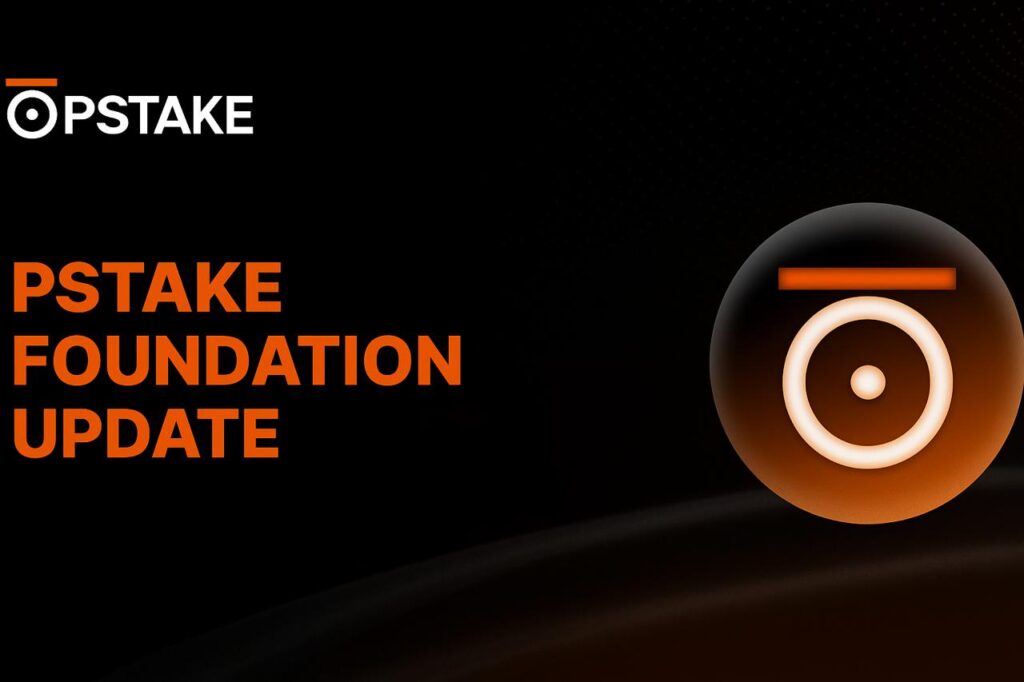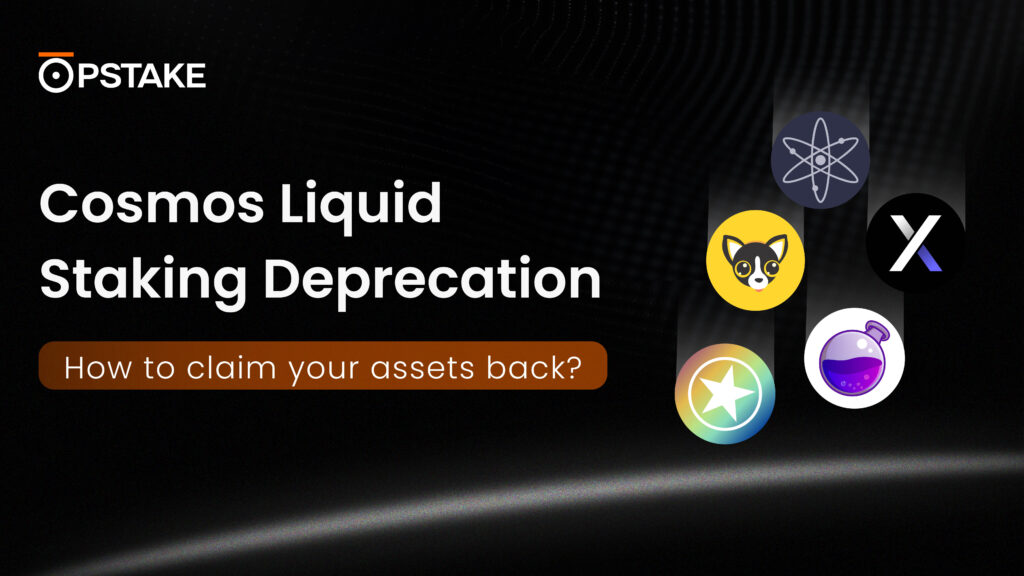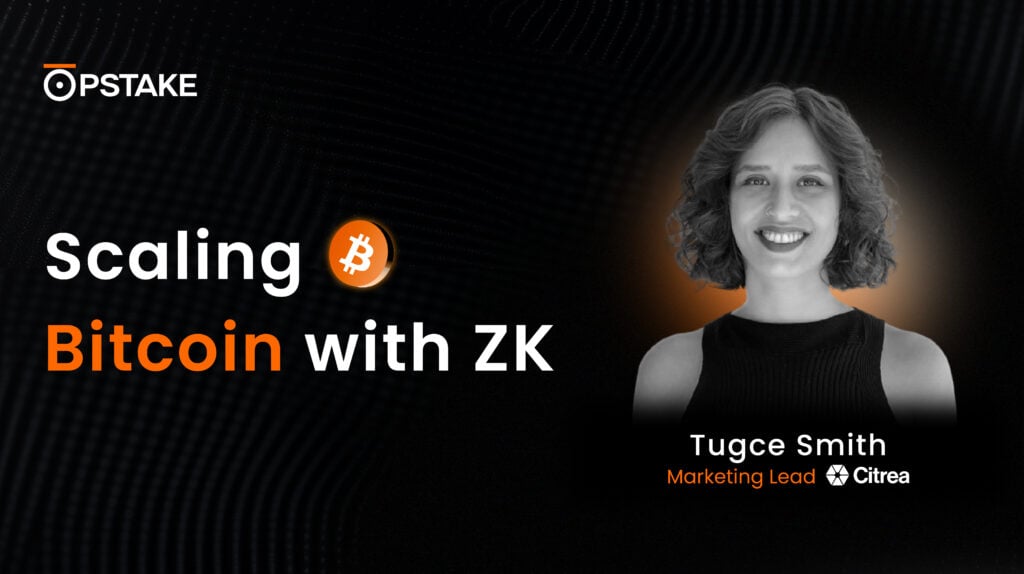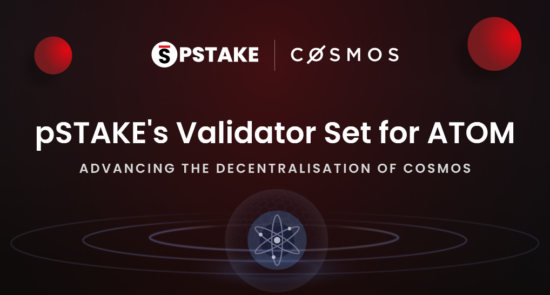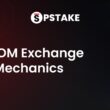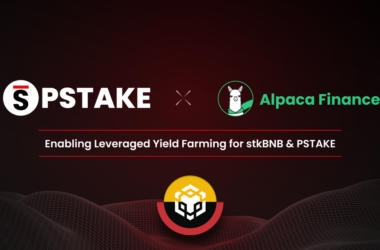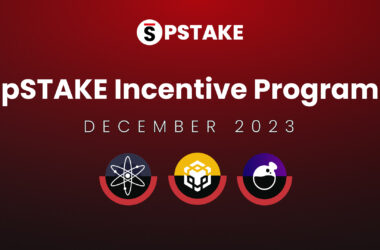Cosmos Hub is home to a particularly strong validator ecosystem, with a current total of 480 validators (175 active) securing the network. However, Cosmos is gradually becoming less decentralised in terms of stake centralisation; a higher percentage of total staked ATOM is being delegated to the top few validators. This reduces network security and increases attack vectors.
Current ATOM liquid staking solutions are not conducive to solving this problem, as they utilise relatively small validator sets focused primarily on the high-ranking validators by staked value. As ATOM liquid staking continues to grow in popularity, so does the potential issue of stake centralisation.
However, pSTAKE’s ATOM liquid staking solution (stkATOM) has been designed with a delegation mechanism to optimise both network security and user experience. pSTAKE’s stkATOM product will launch with an active set of 62 validators (the highest number of any ATOM liquid staking solution currently). Furthermore, pSTAKE users’ delegations will be equally distributed across the validators – maintaining true decentralisation of the staked ATOM.
Read more below to learn about our delegation strategy and thought process.
Key Considerations
Our ultimate goal with stkATOM is two-fold: to drive adoption and long-term viability for our ATOM liquid staking solution, while continuing to strengthen the Cosmos ecosystem and accelerate progress. We believe a broad, sufficiently decentralised validator set is vital in achieving this.
From a network perspective, greater distribution of stake between more validators means greater chain security. In this regard, Cosmos is gradually becoming less decentralised. In fact, Cosmos’ Nakamoto Coefficient has decreased to 6 in October from 7 in September, meaning the network has become slightly less decentralised and secure. More widespread distribution of the network’s staked ATOM can solve this issue.
From a user perspective, pSTAKE’s delegation mechanism carries several benefits. If users were to delegate independently, it may be difficult and time intensive for them to choose the most optimal validators, particularly for those with limited understanding of staking and underlying protocols. There are also additional risks and considerations, including potential attack vectors (such as centralisation of network and stake) and slashing (users are more exposed when delegating to fewer validators).
pSTAKE addresses these concerns by evenly delegating to a large number of validators on Cosmos Hub (an initial set of 62). This not only greatly contributes to the chain’s decentralisation (and security), but ensures an easy, smooth ATOM liquid staking experience for users.
Delegation Strategy
Per our latest governance proposal, pSTAKE uses a delegation strategy to select the most optimal validators across Cosmos, based on a validator scoring mechanism that focuses on attaining the best yields and security for our users.
Several key factors are considered when determining which validators to add to our set:
Historical Slashing Instances
Slashing results in a validator being jailed, meaning the user would need to proactively unstake their assets and restake to another validator in order to continue earning rewards and secure the chain. In this case, the user would lose a minimum of 21 days worth of rewards. For these reasons, pSTAKE selects validators with a minimal number of slashings over the past year.
Uptime
When selecting our validator set, we take a careful look at the history of all validators to determine if they will be a good fit. Therefore, any validator that has missed a significant amount of blocks out of the last 100,000 is not included in our validator set.
Commission Rate
pSTAKE selects validators that charge low commission rates, ideally between 1-10%. This is preferred because validators with lower rates ensure that a higher share of staking rewards are distributed to users, further incentivising them to stake and become active network participants through delegating their tokens.
Governance Participation
Reviewing voting activity on Cosmos Hub governance proposals is an effective way to verify a validator’s participation in network consensus. In order to meet our criteria, only validators that have participated in at least 15 out of the last 35 proposals on Cosmos Hub are included in our validator set. As always, we strive to ensure that we’re choosing the validators that are most mentally invested and active.
A total of 62 validators were selected through a whitelisting process via a simulation using the parameters above. Upon launch, ATOM staked by users via pSTAKE will be delegated equally to the selected 62 validators who are making the network secure and robust.
Supporting Cosmos Hub & Our Ecosystem
As our stkATOM product matures, we’ll continue to expand our validator set. Further validators will be added moving forward through community governance.
pSTAKE’s ATOM delegation mechanism will contribute to a stronger Cosmos Hub, while also enriching our ecosystem through ensuring a smooth user experience for ATOM liquid stakers.
For the latest updates on pSTAKE for Cosmos, follow our Cosmos-dedicated Twitter handle.
About pSTAKE
pSTAKE is a liquid staking protocol that unlocks liquidity for your staked assets. With pSTAKE, you can securely stake your Proof-of-Stake (PoS) assets, participate in protocol improvements and security to earn staking rewards, and receive staked underlying representative tokens (stkASSETs) which can be used to explore additional yield opportunities across DeFi.
At present, pSTAKE supports Binance Chain (BNB), Cosmos (ATOM), Persistence (XPRT), and Ethereum (ETH) networks’ native tokens, with a view to support more chains and assets in the future (SOL, and AVAX).
Website | Twitter | Telegram | Discord | Reddit | YouTube | Forum


